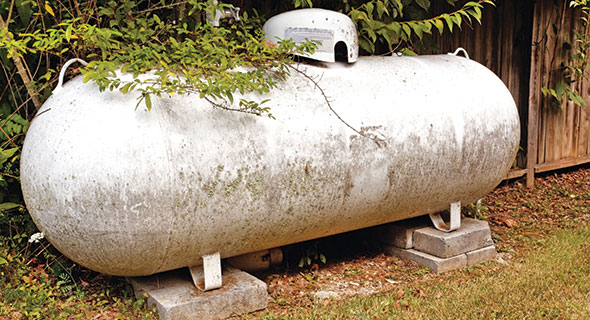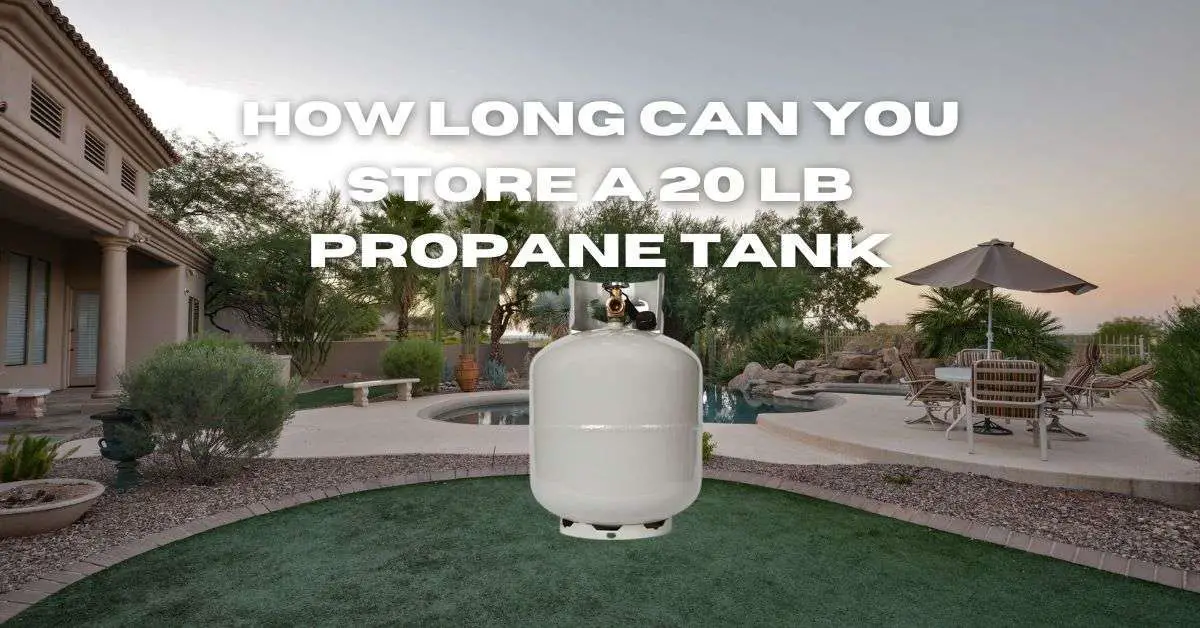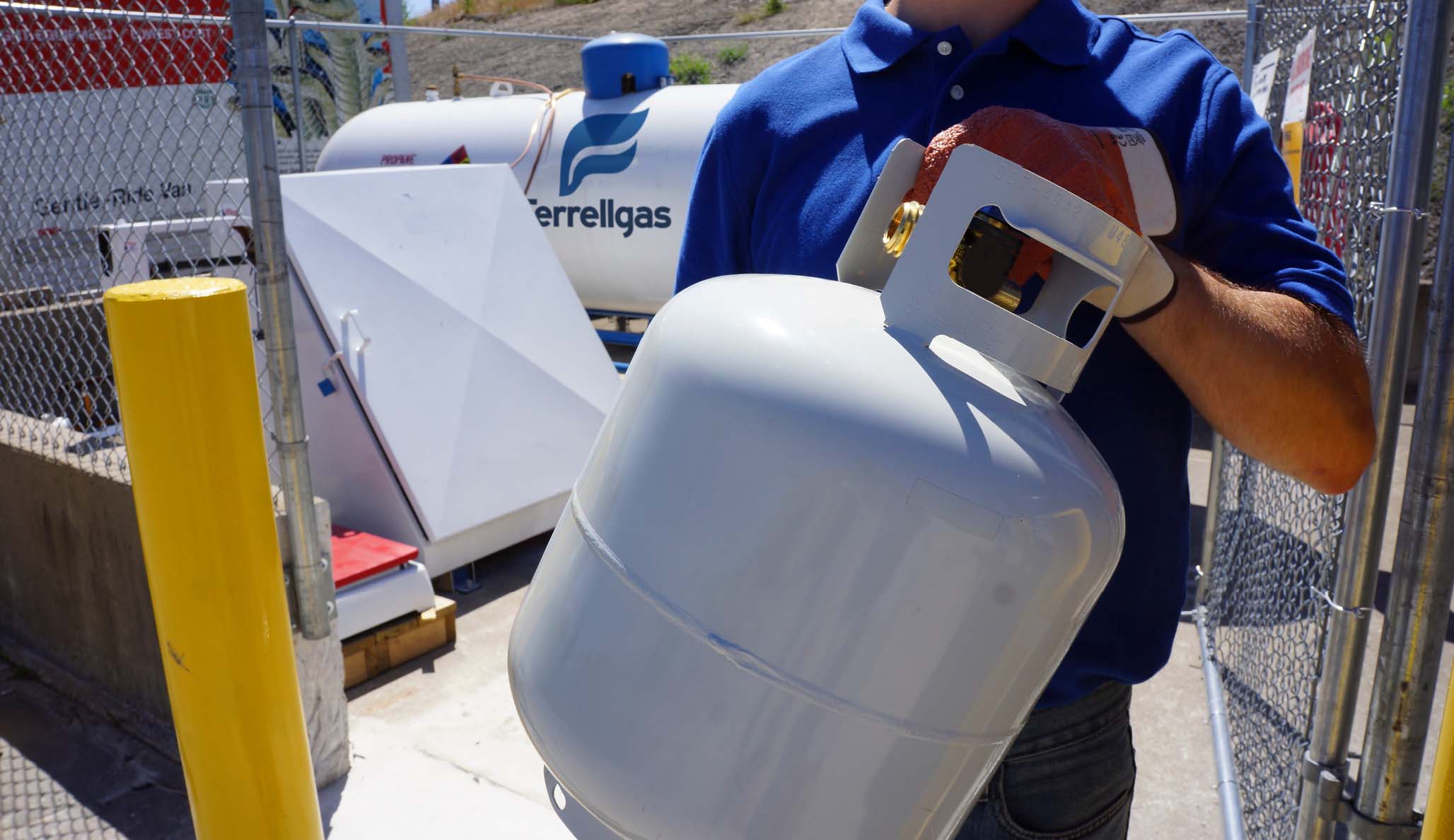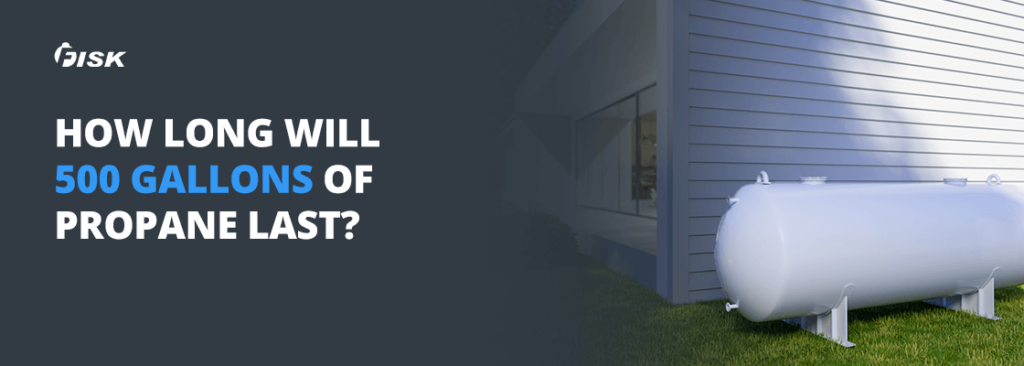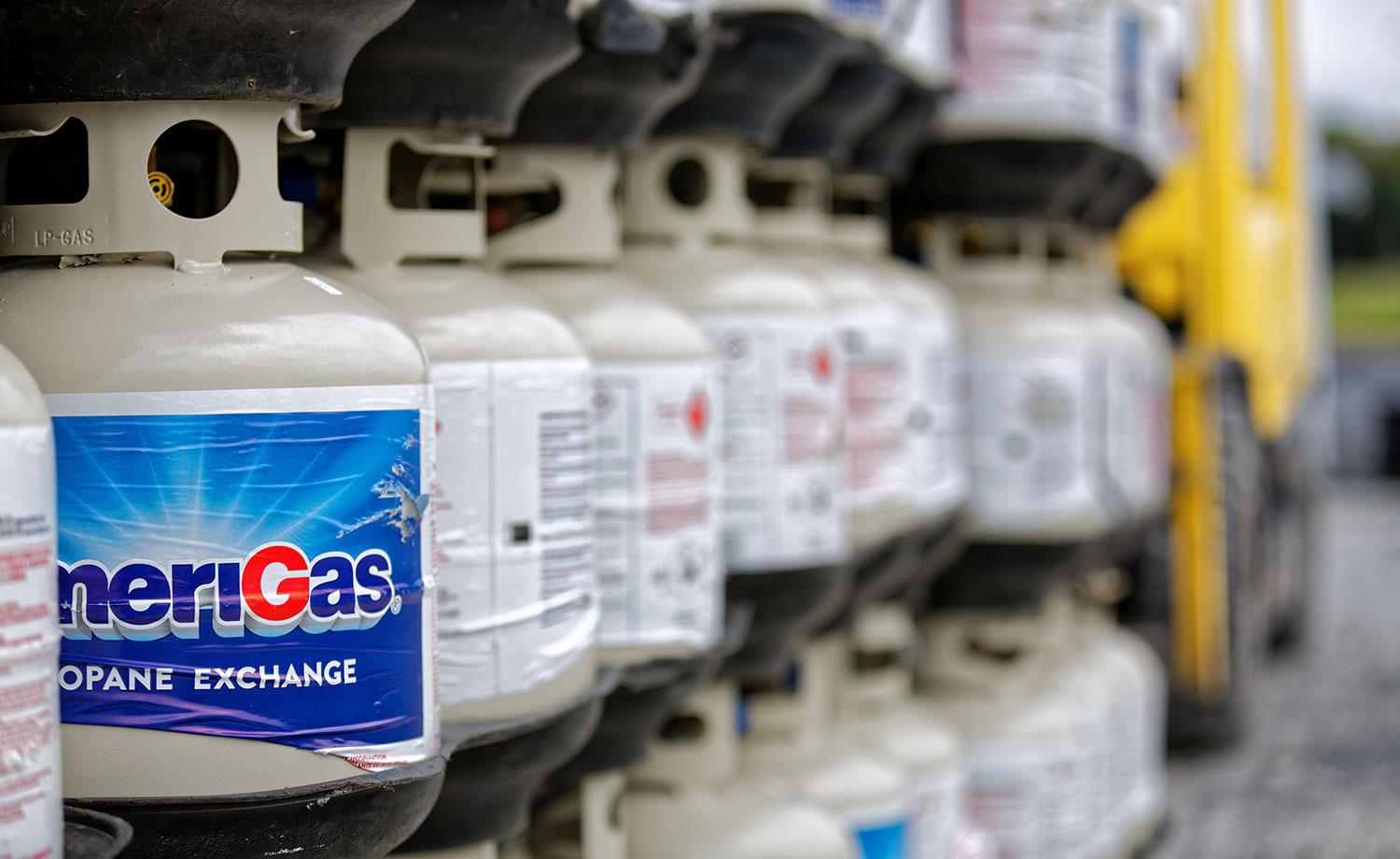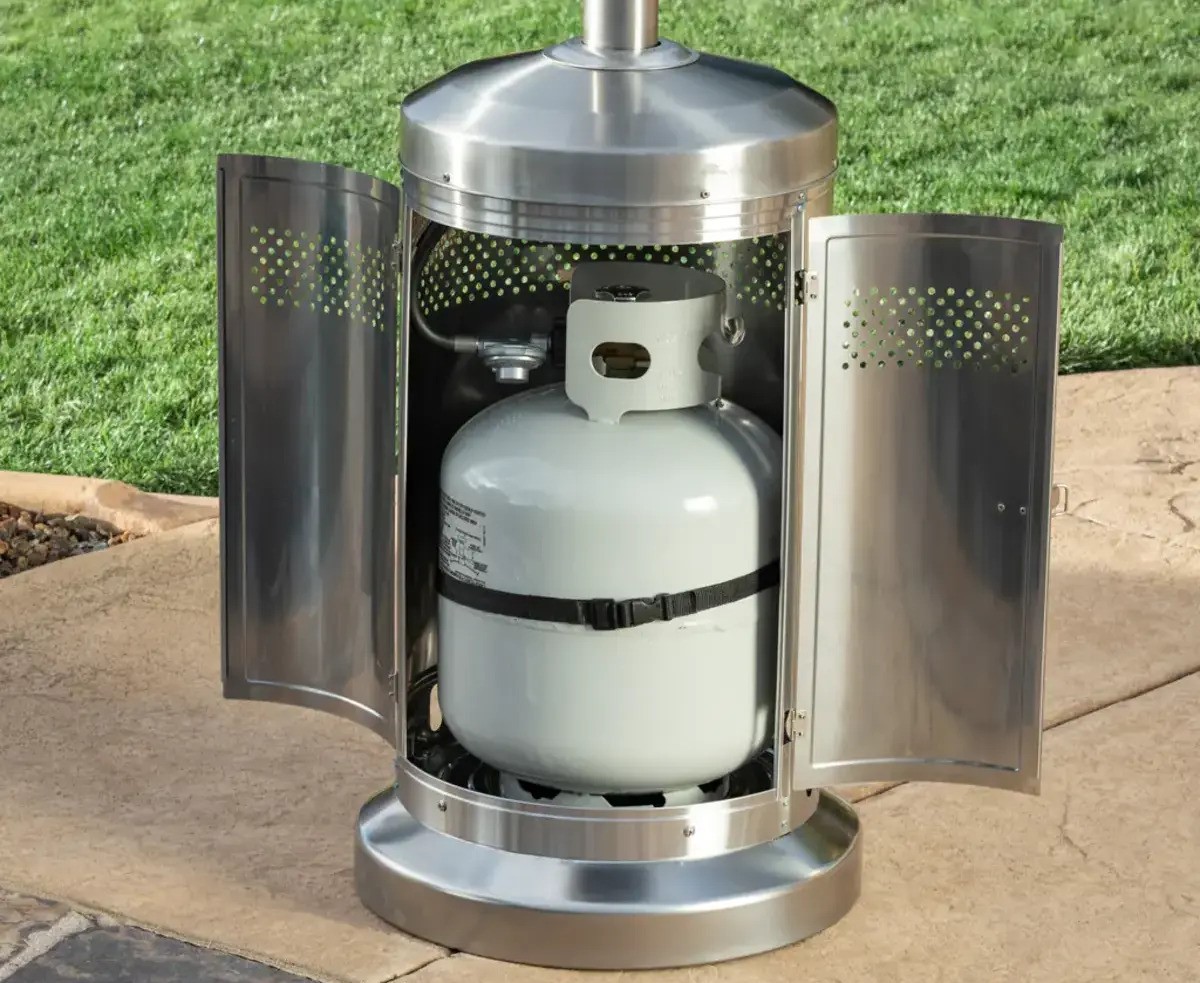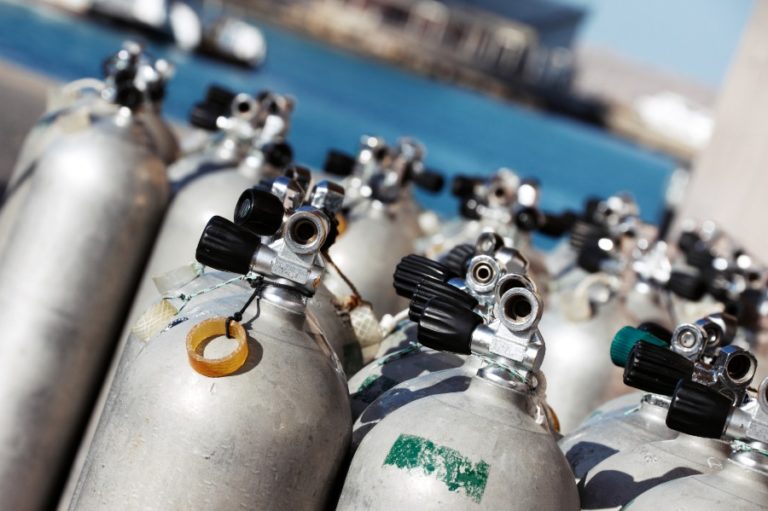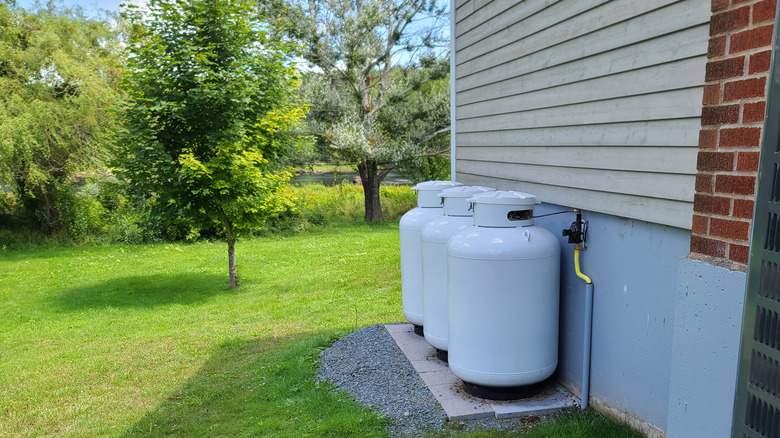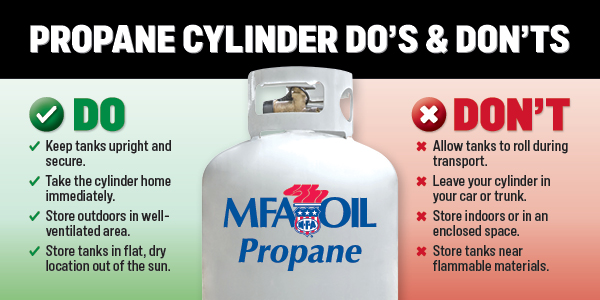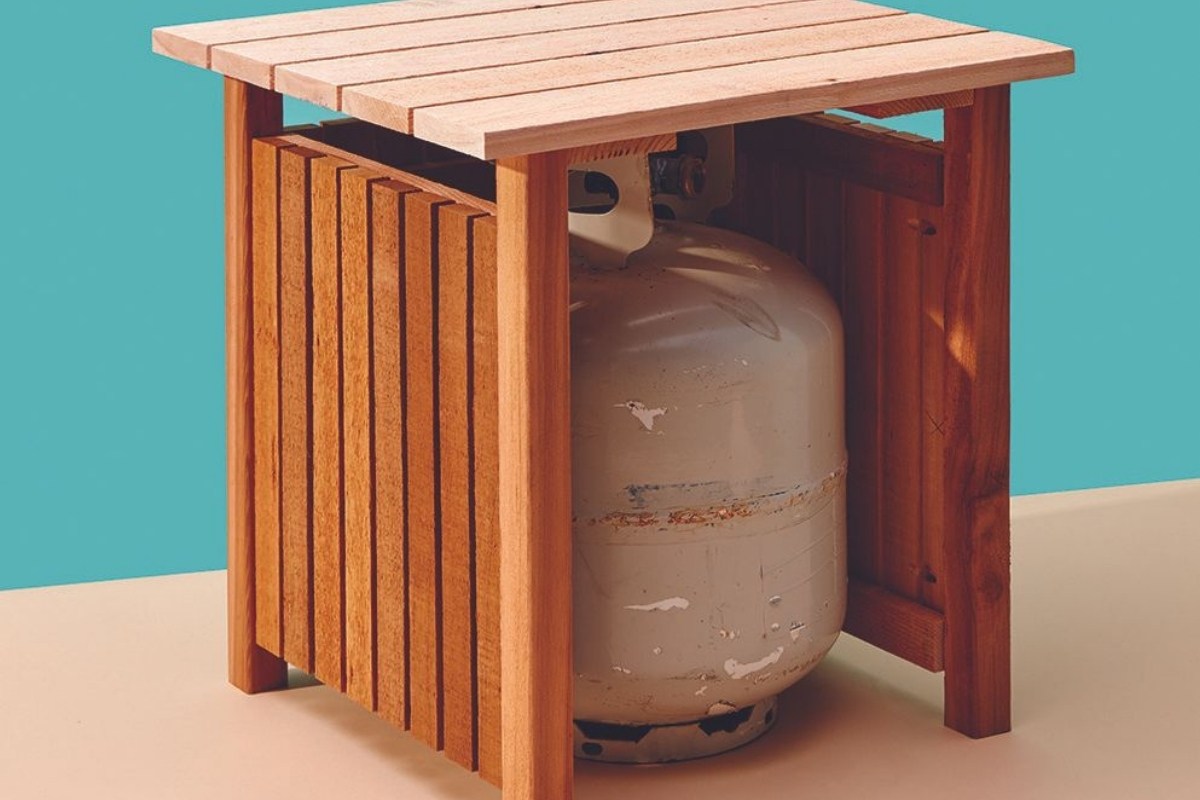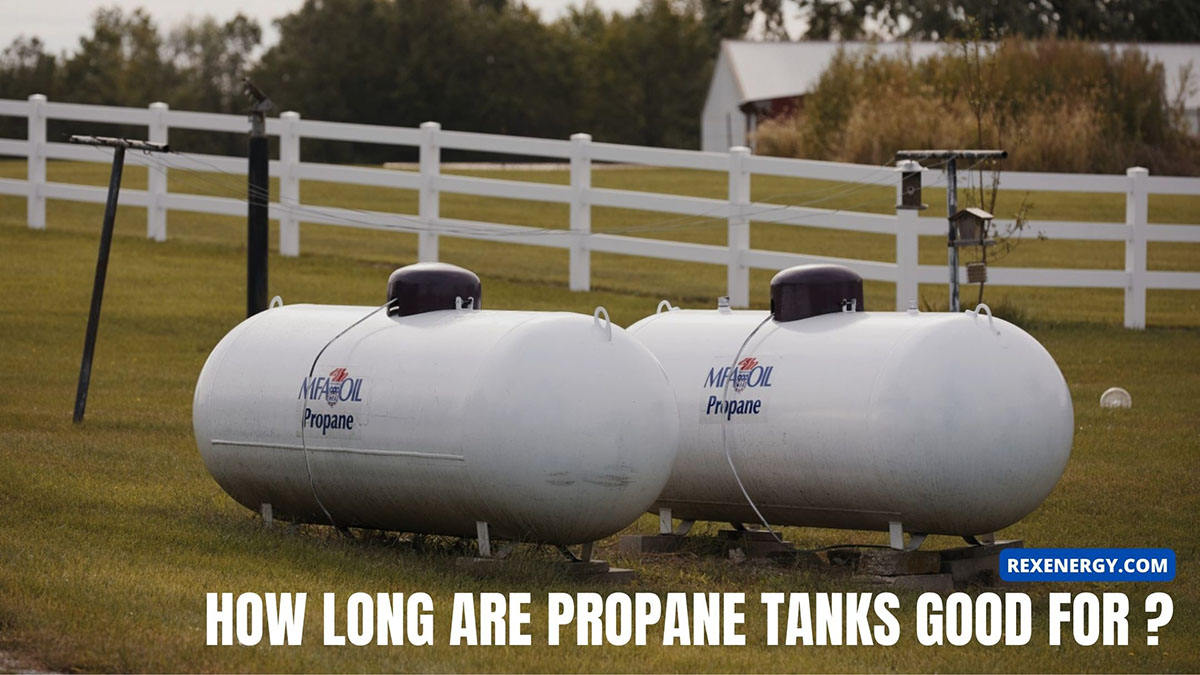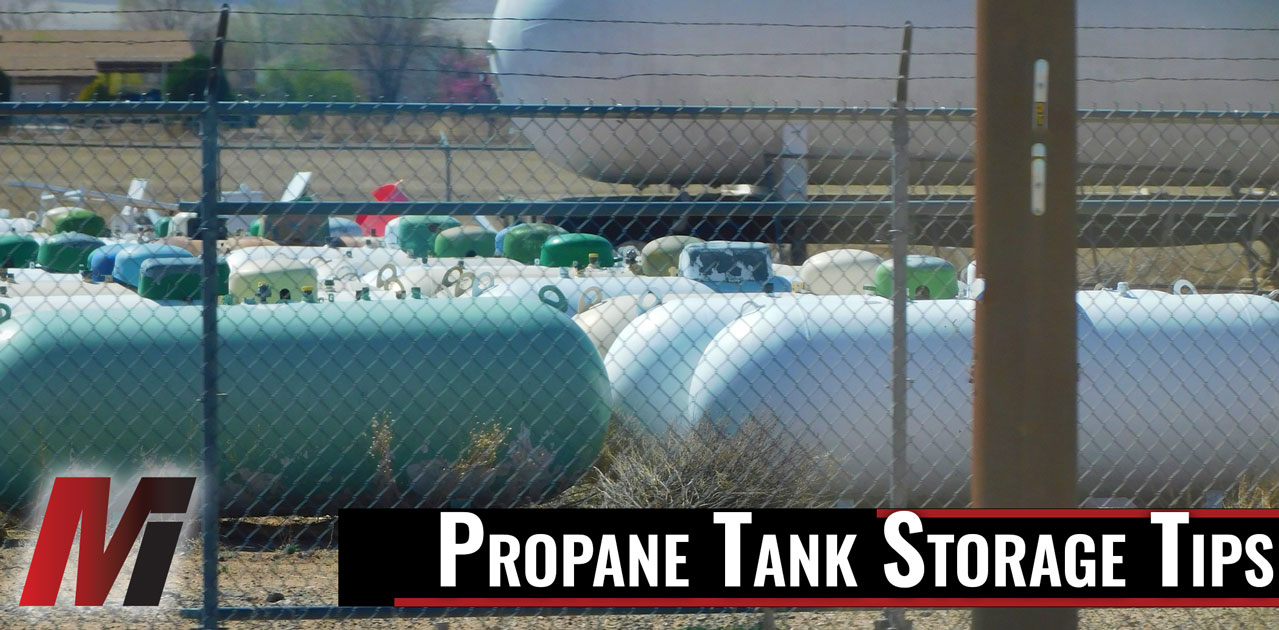How Long Can Propane Be Stored

Propane, a versatile and widely used fuel source, powers everything from home heating and cooking to industrial equipment and vehicles. But a common question lingers in the minds of consumers and businesses alike: how long can propane be safely stored without compromising its quality or posing a safety risk?
Understanding the shelf life of propane is crucial for ensuring its safe and efficient use. This article delves into the factors influencing propane storage longevity, guidelines for proper storage, and the potential implications for users.
The Indefinite Lifespan of Propane (With Caveats)
The Propane Education & Research Council (PERC) states that, under optimal conditions, propane has an almost indefinite shelf life. This is primarily due to its chemical stability. Propane doesn't readily degrade or break down over time like some other fuels.
However, this "indefinite" lifespan comes with significant caveats centered around the storage container itself. Tank integrity and environmental factors play a key role.
Container Condition: The Deciding Factor
The condition of the storage tank is the most critical element affecting propane's usability. Rust, corrosion, and physical damage can compromise the tank's structural integrity.
This can lead to leaks, which are not only dangerous but also deplete the propane supply. Regulatory bodies emphasize regular inspections and maintenance of propane tanks.
According to the National Propane Gas Association (NPGA), tanks should be inspected periodically by qualified professionals. These inspections look for signs of corrosion, dents, and other damage that could compromise the tank's safety.
Environmental Influences
External factors can also impact propane storage. Extreme temperature fluctuations can cause the propane to expand and contract, potentially stressing the tank and its fittings.
Exposure to moisture and harsh weather can accelerate corrosion, especially in older tanks. Proper site selection for propane tank placement is crucial to minimize these environmental impacts.
The U.S. Department of Energy (DOE) recommends storing propane tanks in well-ventilated areas away from direct sunlight and sources of ignition. This helps mitigate risks associated with pressure buildup and potential leaks.
Best Practices for Long-Term Propane Storage
To maximize the lifespan of stored propane and ensure safety, several best practices should be followed. These guidelines cover tank maintenance, leak detection, and proper handling procedures.
Regular Inspections and Maintenance
Implementing a routine inspection schedule is paramount. This involves checking for rust, dents, leaks around fittings, and ensuring the tank's pressure relief valve is functioning correctly.
Any signs of damage should be addressed immediately by a qualified propane technician. Professional inspections can identify potential problems before they escalate into serious safety hazards.
Leak Detection and Safety Measures
Propane has a distinct odor added to it specifically for leak detection. If you smell propane, even faintly, it's crucial to take immediate action.
Evacuate the area, avoid using any electrical devices, and contact your propane supplier or the fire department from a safe location. Installing a propane leak detector can provide an additional layer of safety.
NPGA provides extensive safety training materials and resources for propane users. These resources cover everything from proper tank handling to emergency procedures.
Tank Placement and Grounding
Proper tank placement can significantly impact its longevity and safety. Tanks should be placed on a solid, level surface to prevent shifting and strain on the connections.
Grounding the tank helps to dissipate static electricity, reducing the risk of ignition. Following local regulations and codes regarding tank placement is essential.
Impact and Considerations for Consumers and Businesses
Understanding propane's storage lifespan has significant implications for both consumers and businesses. For homeowners, knowing that propane can last for years if stored properly provides peace of mind.
For businesses relying on propane for heating, powering equipment, or other operations, proper storage ensures a reliable fuel supply. This reduces the risk of disruptions due to fuel degradation or loss.
However, the upfront cost of tank maintenance and inspections should be factored into the overall cost of using propane. Neglecting these preventative measures can lead to costly repairs or, worse, a dangerous incident.
Conclusion
While propane itself boasts an almost indefinite shelf life, the longevity of stored propane is intrinsically linked to the condition of its container. By adhering to best practices for tank maintenance, leak detection, and environmental protection, both consumers and businesses can safely store propane for extended periods.
Regular inspections, proactive maintenance, and a commitment to safety are crucial for ensuring a reliable and safe propane supply. This enables users to harness the benefits of this versatile fuel source without compromising on safety or efficiency. Always consult with qualified propane professionals for specific guidance on tank maintenance and safety regulations in your area.


